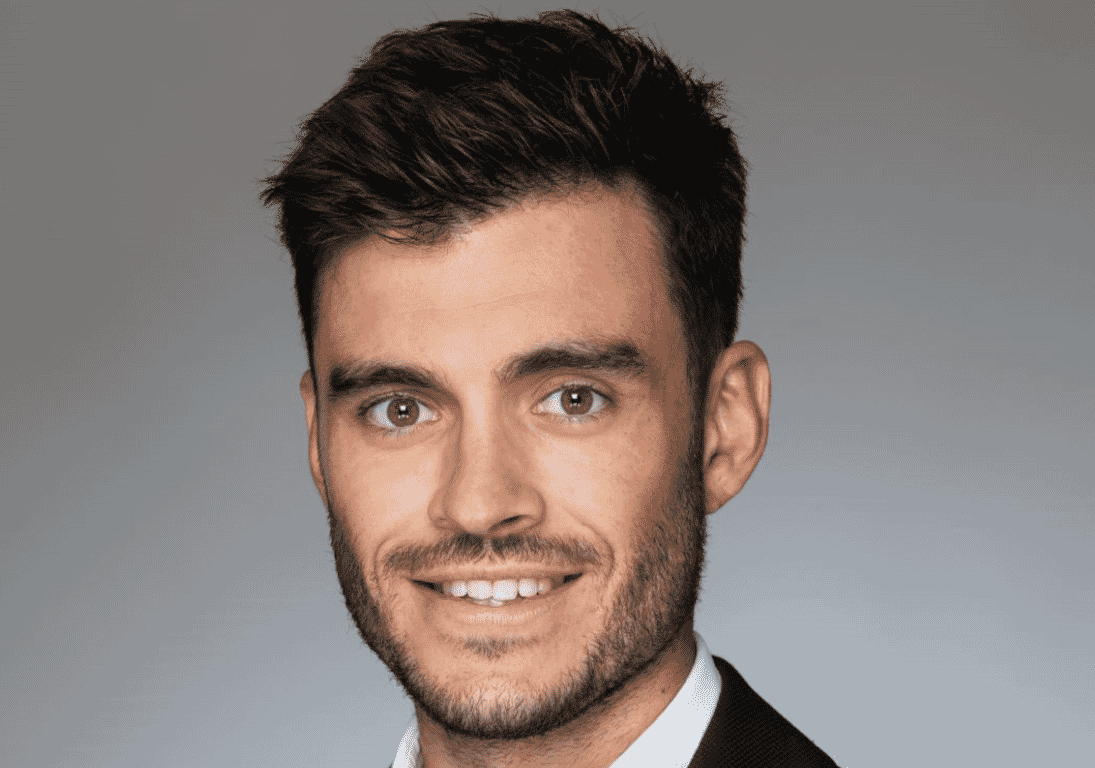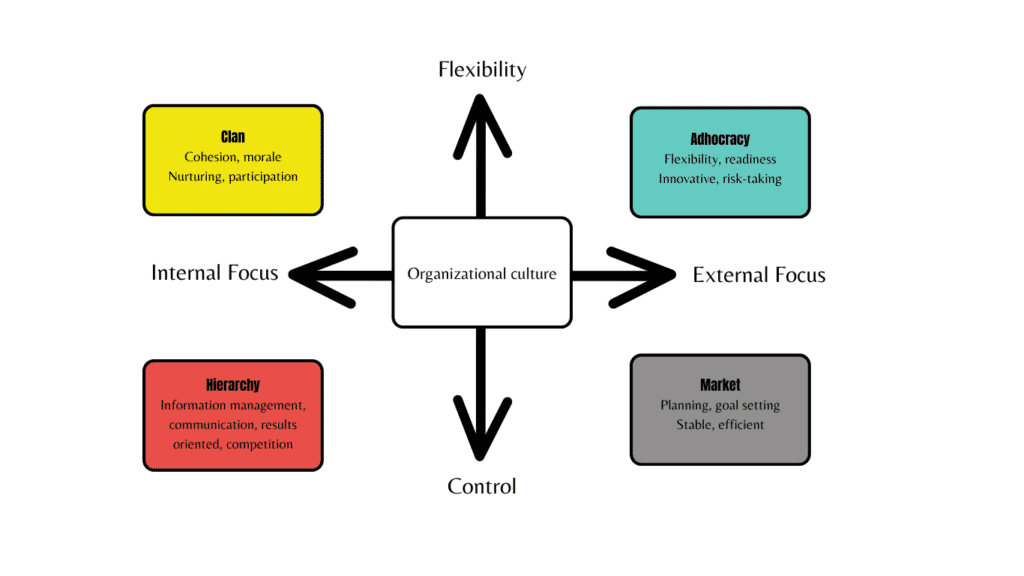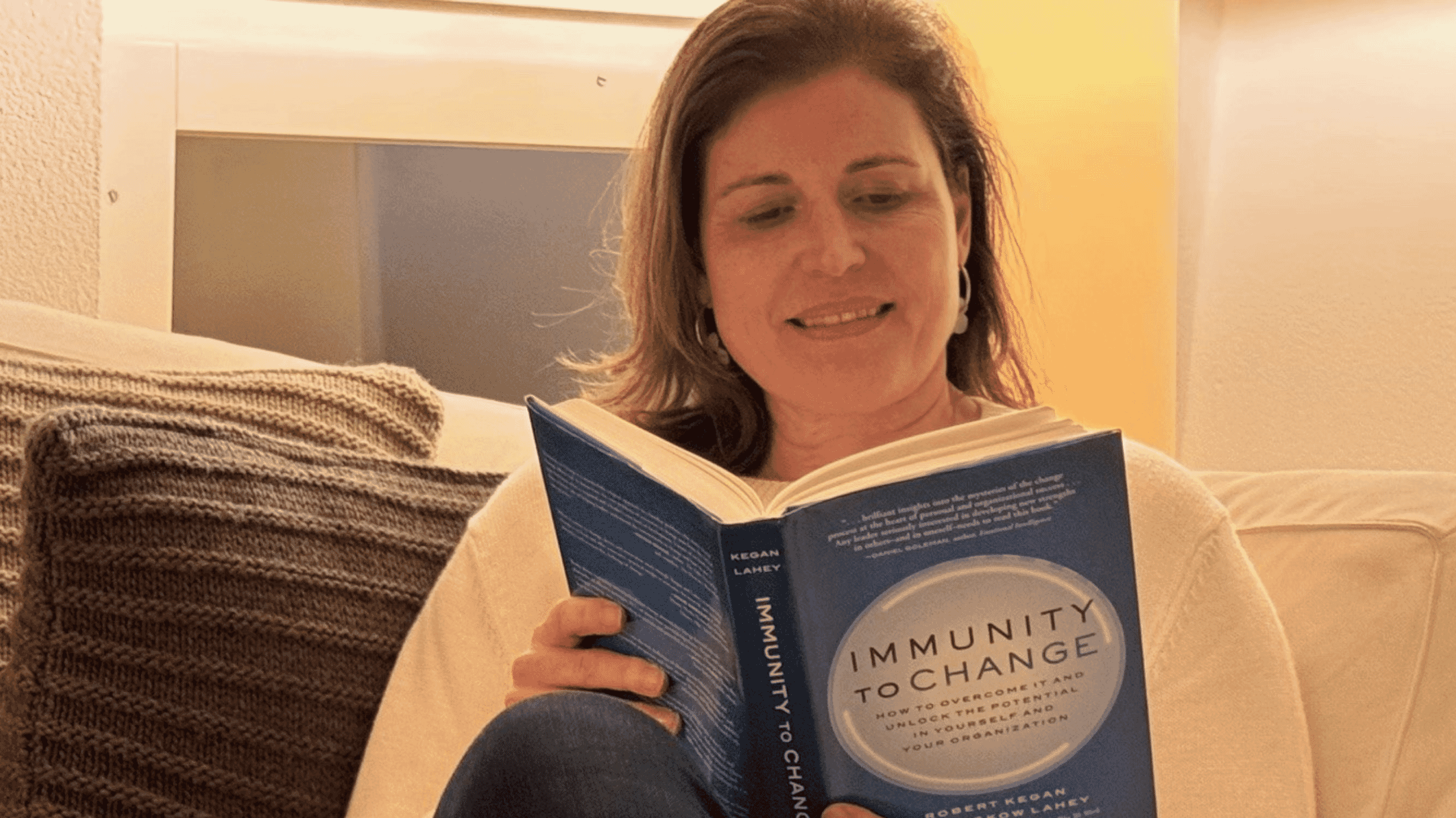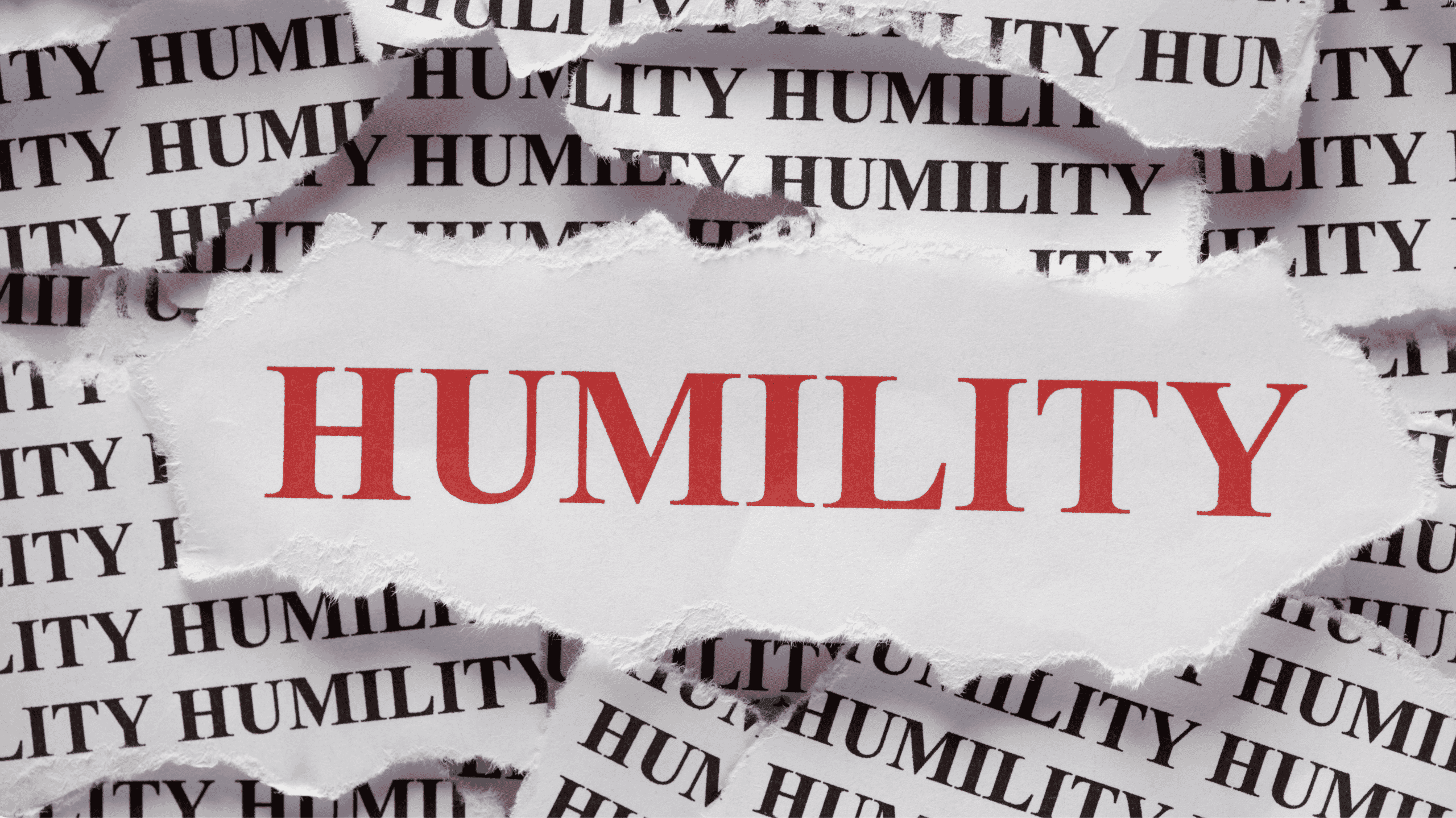Organizational Culture – Interview with Nicolas Montagner
Personality Guidance interviewed Nicolas Montagner, the CEO of Coucou&Co, a scale-up based in Sion, Switzerland. The primary goal of Coucou&Co is to offer Airbnb concierge services to chalet and mountain apartment owners to combat the issue of empty beds.
Date: 27. May 2024
Categories:

Personality Guidance interviewed Nicolas Montagner, the CEO of Coucou&Co, a scale-up based in Sion, Switzerland. The primary goal of Coucou&Co is to offer Airbnb concierge services to chalet and mountain apartment owners to combat the issue of empty beds.
Where does the name “Coucou&Co” come from?
The name comes from my bachelor’s project completed in 2016-2017 at the School of Tourism in Sierre. At the time, I didn’t have a name, but I had a great logo: a cuckoo clock with two keys underneath, which is still our logo today. The name Coucou&Co then came naturally. The project’s goal was to manage mountain chalets and apartments as part of an entrepreneurial program, which replaced the traditional bachelor’s thesis. We had to develop a project with different people from HES fields (IT, economics, tourism, engineering, etc.) and launch it on the market in six months, with the support of coaches and financial backing from HES. This project was a very enriching experience, and that’s where Coucou&Co was born. Since then, I’ve never stopped managing Coucou&Co, and I completed my bachelor’s degree with five clients. Now, Coucou&Co has been around for seven years.
What does organizational culture mean to you?
The Swiss School of Tourism that I attended was very management-focused. That’s where I first heard about organizational culture. For me, it starts with defining the vision, mission, and values of the company – these are the foundations on which the culture is built. Even though these elements seem simple, they bring a lot to the team by creating a shared base.
Then, organizational culture is the personality and identity of the company, allowing each team member to feel connected. I think identity is really essential. I realize how much the leadership’s reputation plays a key role in how our clients perceive us. Clients want to feel close to the leadership team and want it to be open to them. When they see polished communication, with professional pictures, we gain credibility. It gives you more weight in decision-making. At Coucou&Co, I always say that we don’t need to do a lot of marketing, but we need to focus on building a good reputation. The best business network is word of mouth. And since it’s free, it’s also the best return on investment! To achieve that, you need a good reputation so that people speak well of you, and so on.
If you had to describe the organizational culture of Coucou&Co, what would it be? (OCAI model attached, developed by Kim Cameron and Robert Quinn)
At the very beginning of Coucou&Co, we hired a coach to create a foundation: a vision, a mission, and values. At the end of these sessions, four values emerged and still represent the foundation of our company today: hospitality, modernity, reliability, and dynamism (see drawings below).
According to the OCAI model, I think Coucou&Co started with an “Adhocracy” culture and is now shifting toward a more “Market”-oriented culture. Today, I believe we’re in the middle of a cultural transition. We’re moving from a start-up model to a more structured and hierarchical one, while still maintaining the start-up spirit, but without the organizational chaos that can accompany it. In the early days of a start-up, everyone does a bit of everything, with the goal of getting to market quickly, attracting customers, and satisfying them. I think we’re now evolving into a scale-up, as is often said today. That’s exactly where we are: we’re looking to recruit more senior profiles, with higher salaries, people who bring experience and expertise, and we’re putting in place a more hierarchical structure with more processes.
This change is crucial as our team grows, and we’re soon going to reach 20 employees. It’s therefore essential to establish some stability and clear hierarchy. The “Market” culture reflects our current situation well, while still implementing initiatives for employee well-being (annual team outings, Secret Santa, etc.). You should know that Coucou&Co is based in Valais, in Sierre, so the concept of an “apéro” (informal drink gatherings) works quite well for employee well-being too.
In addition to activities, we make sure that employees’ daily lives are balanced, both in terms of workload and fun. During COVID, when we were all working remotely for months, I organized a week of remote work in Portugal after the borders reopened. The entire team was gathered in a house there, and it was a really great moment that allowed us to reconnect.
Moreover, at Coucou&Co, we’ve created a fairly detailed employee guide, and we constantly seek feedback by organizing quarterly interviews. These interviews allow us to regularly identify problems and stay in touch with employees. There are also monthly meetings focused on operations, where everyone shares updates, which are very appreciated. This fosters better internal communication and complements the quarterly interviews. However, as a scale-up, sometimes it’s hard to focus on our people. Investing in HR is crucial. It’s the most powerful lever for companies today. It’s part of our future projects as a scale-up: to invest in our people and their development.
What, in your opinion, is the biggest cultural “red flag” during recruitment at Coucou&Co?
For me, the biggest “red flag” is when I feel from the start that someone isn’t ready to fully commit to the company. Whether it’s someone who is more focused on reassuring themselves in an interview than on the position, a nonchalant person who shows up late without showing a real desire to join the team, or those who are not there to take on the challenge and commit 200%. Commitment goes far beyond a simple 9-to-5 job; it’s also tied to the team dynamic. This “red flag” is closely linked to two of our values: reliability and dynamism.
What is the dress code at Coucou&Co?
Before, our offices were in a not-so-great location, surrounded by people in flip-flops, so we didn’t really have clients coming in. People did pretty much whatever they wanted, without worrying too much about their appearance. But now that we’ve moved, with new offices right in front of Sion train station, it’s different. We welcome clients on-site, so employees pay a little more attention. That said, everyone still keeps their own personal style. We’ve never imposed a dress code, but in the summer, we do try to keep things appropriate; we want to avoid a beach vibe. Honestly, even if I didn’t like someone’s outfit, I wouldn’t say anything because everyone has their own style. The atmosphere is pretty chill, but with a certain respect for our clients. Personally, my style is a bit bipolar, but I always pay attention when I have client meetings.
If Coucou&Co was a dish, what would it be?
A good tajine! It’s both a delicious and serious dish, in the sense that you could eat it every night without ever getting tired of it. There’s a lasting, well-being aspect to it, and every time you make it, it gets even better. Each tajine is a bit unique. It’s like Coucou&Co, something that stands the test of time without losing its flavor. Lemon tajine, olive tajine, vegetarian tajine… it’s really a dish for everyone. In fact, for Christmas, I’m going to take my colleagues out for tajine. It’ll be more “Tajine&Co” than Coucou&Co this time!
Any final advice?
Today, I find that management represents a real challenge. For me, there’s no better management style than leading by example. People are inspired by what they see: when they see someone showing dedication, motivation, and respect for the company, they are naturally inclined to adopt the same attitudes. For me, leading by example is what guides my way of managing.




